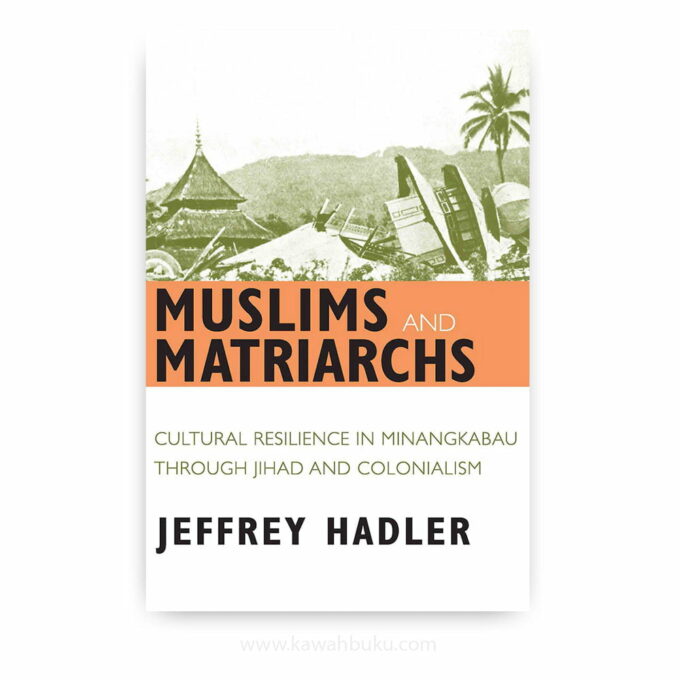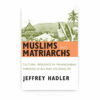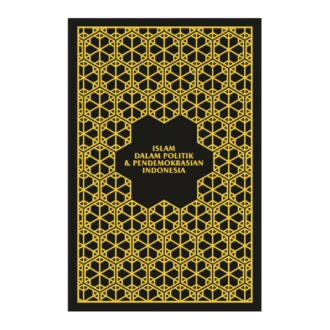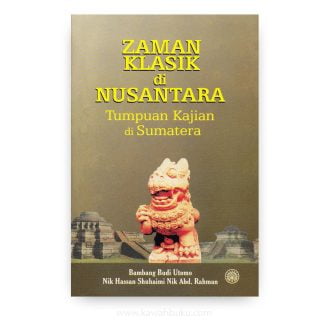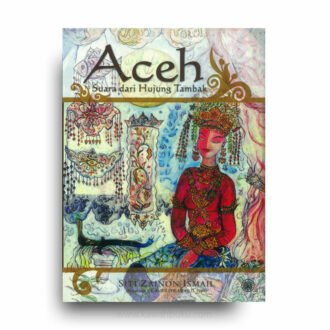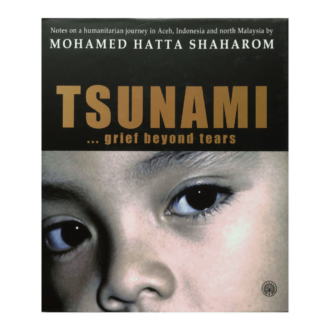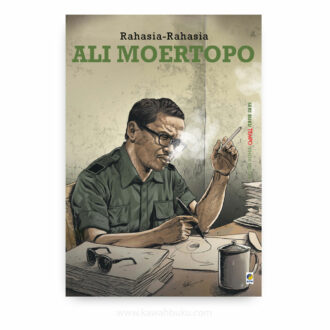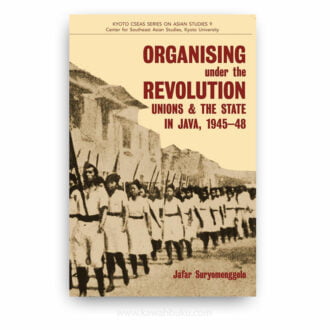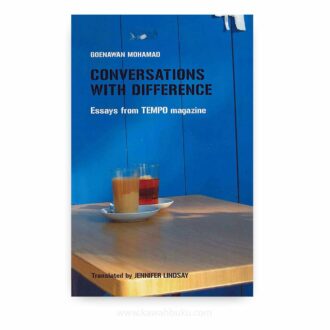Muslims and Matriarchs: Cultural Resilience in Minangkabau Through Jihad and Colonialism is an interpretative expose of Minangkabau social, cultural, and intellectual history. The chapters cover topics as diverse as the shapes of houses, structures of the family, education, and natural disasters, but each chapter draws readers into much larger social and cultural issues. The result is a deeply revealing assessment of the internal dynamics of a society that has produced a disproportionate number of political and business leaders in Indonesia.
The Minangkabau, a Muslim people of West Sumatra, Indonesia, are noted for their religious piety and matrilineal culture, but their homeland has also seen a sustained and sometimes violent debate between Muslim reformists and preservers of indigenous culture. Efforts by neo-Wahhabi reformists to replace the matriarchate with a society modelled on that of the Prophet Muhammad led to a bloody civil war in the early nineteenth century.
The conflict ended with an uneasy truce that sought to balance Islamic law and local custom. In the aftermath, highland West Sumatra fell under Dutch administration, and colonial officials enforced a peace that endured for well over a century but did little to resolve underlying issues. These events ultimately strengthened the matriarchate, and its survival testifies to the fortitude of local traditions, the unexpected flexibility of reformist Islam, and the ultimate weakness of colonialism.

